Concluded the NATO JTLS-GO Foundation Course 2024
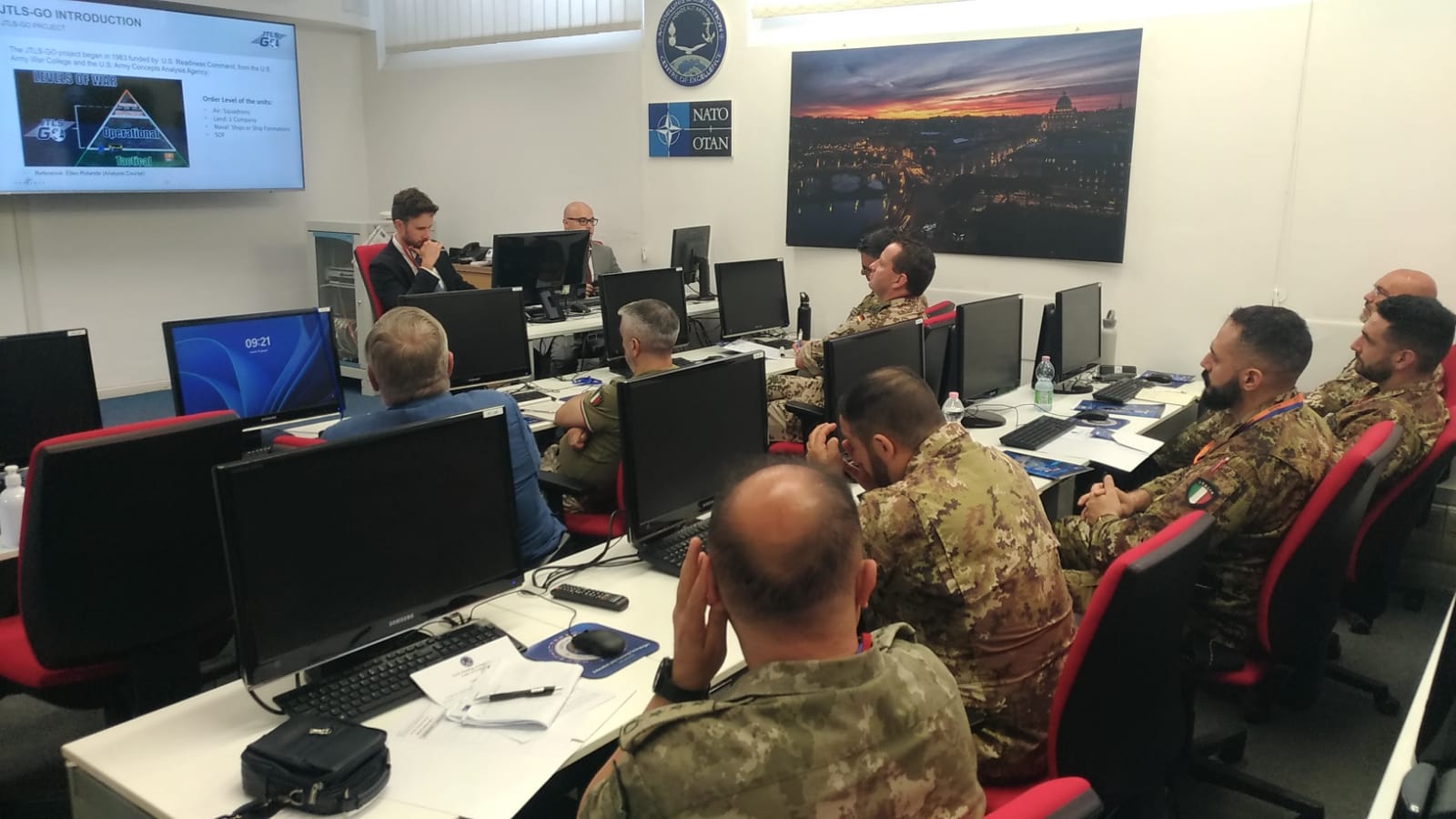
The NATO Modelling and Simulation Centre of Excellence (NATO M&S COE) successfully conducted its inaugural JTLS-GO Foundation Course from June 10 to June 14, 2024, in Rome. The course attracted nine JTLS beginners from three NATO nations, along with participants from M&S COE. Led by Fabaris Company, the course featured two engineers and a senior technician.
JTLS-GO, a civil-military simulation and analysis tool, supports Multidimensional Joint and Combined Operations planning and training. The primary goal of the course was to equip students with knowledge and skills necessary to operate the ’s fundamental operator functionalities. The syllabus covered a wide range of topics, including JTLS-GO 6.X General Introduction to Technical Analysis, Database Development System (DDS), Terrain Building + GIS Tool, Web Hosted Interface Program (WHIP), WHIP Map Display, Intelligence, Land, Maritime, Air, Space, Cyber, CBRN Domains, High Resolution Unit (HRU), and Logistic Capacity.
A complementary component of the course was a Mini Exercise, where participants operated as different response cells facing realistic scenarios using JTLS-GO. Initially exclusive to NATO M&S COE personnel, the course is now open to other NATO and national entities, with plans for NATO’s final certification in the future. This decision emphasizes the importance of sharing and expanding expertise in JTLS-GO across the Alliance and its member nations.
JTLS-GO is a versatile and scalable simulation tool capable of modelling multi-sided air, ground, naval, special operations, intelligence, and logistical operations across various scenarios and environments. It also supports low-intensity conflict, humanitarian assistance, and disaster relief
operations. NATO and other organizations have utilized JTLS-GO for purposes such as analysis, experimentation, education, and training.
In reference to the JTLS-GO Foundation course, NATO M&S COE Director, Col. Francesco PACILLO, expressed his satisfaction, stating, I am delighted with the successful completion of the inaugural JTLS-GO Foundation course, a significant milestone for the NATO M&S COE and its partners. This course provided an opportunity to share our expertise and experience in using JTLS-GO, a powerful simulation tool that supports a wide range of operational and training objectives. JTLS-GO is not merely a technical tool; it is also a strategic asset, which enables us to model complex scenarios and analyse the effects of different courses of action. By enhancing our JTLS-GO fundamental operator skills, we are increasing our readiness and interoperability to address NATO alliance facing current and future challenges.’ The Director extended gratitude to Fabaris Company for their professional and effective course delivery, as well as to the M&S COE courses Director and all participants for their active involvement and enthusiasm. In the future, the course will be offered to more NATO and international entities, reflecting our commitment to fostering innovation and excellence in the field of modelling and simulation.
Written by NATO M&S COE
See here the Italian MoD Press Release
+++++++++++++
The NATO Modelling & Simulation Centre of Excellence is dedicated to the promotion of Modelling & Simulation in support of operational requirements, training and interoperability. The Centre act as a catalyst for transformation through the involvement of NATO, governments, academia, industry, operational and training entities, by improving the networking of NATO and nationally owned Modelling & Simulation systems, the cooperation between Nations and organizations through the sharing of Modelling & Simulation information and developments and serving as an international source of expertise for transformation in the related domain. https://www.mscoe.org
NATO Centres of Excellence are nationally or multi-nationally funded institutions accredited by NATO. They train and educate leaders and specialists from NATO member and partner countries, assist in doctrine development, identify lessons learned, improve interoperability and capabilities, and test and validate concepts through experimentation. They offer recognized expertise and experience that is of benefit to the Alliance and support the transformation of NATO, while avoiding the duplication of assets, resources and capabilities already present within the NATO command structure. Although not part of the NATO command structure, they are part of a wider framework supporting NATO Command Arrangements. [source https://www.act.nato.int/centres-of-excellence]


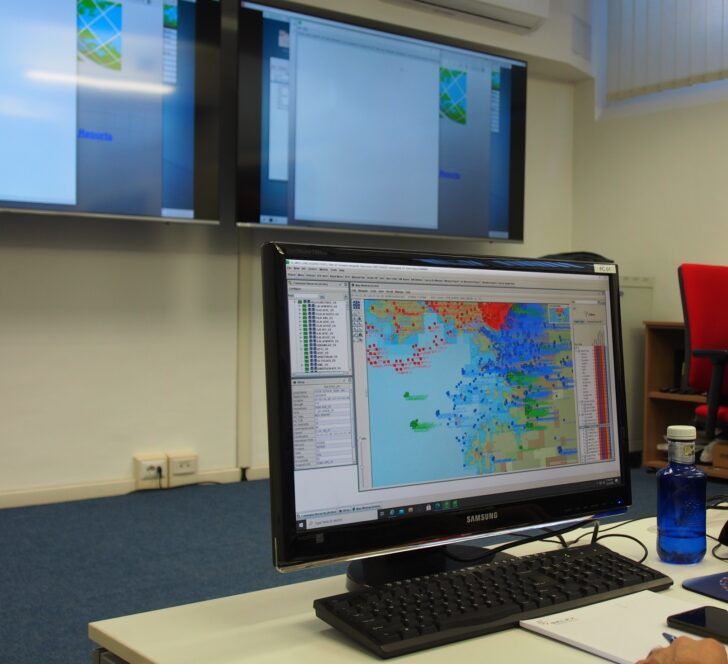
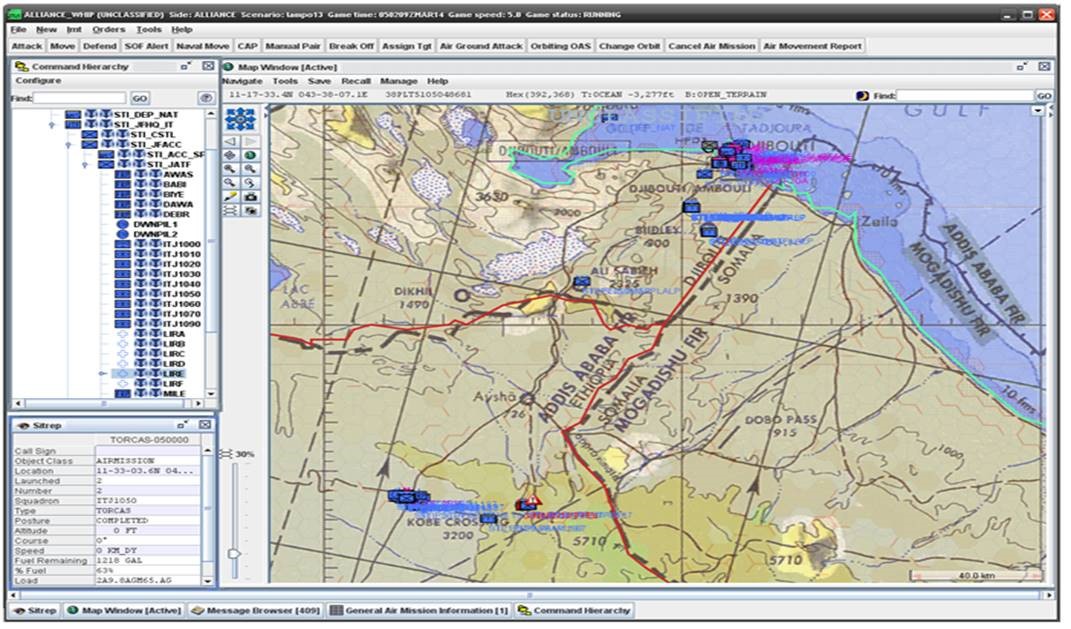
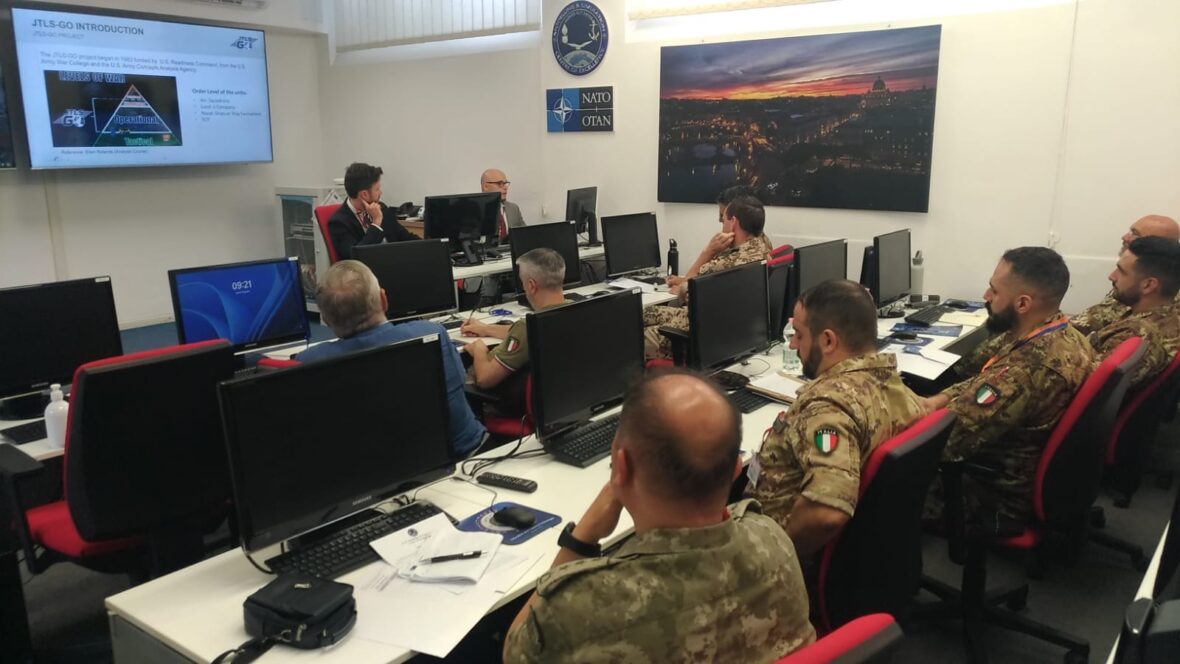
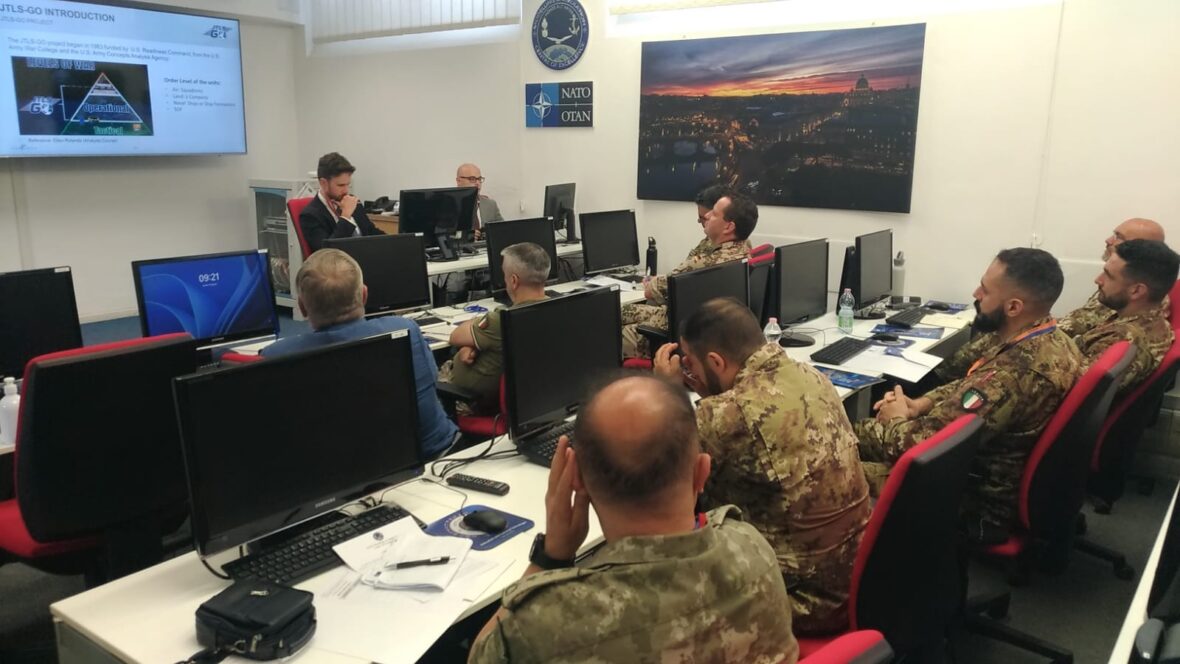
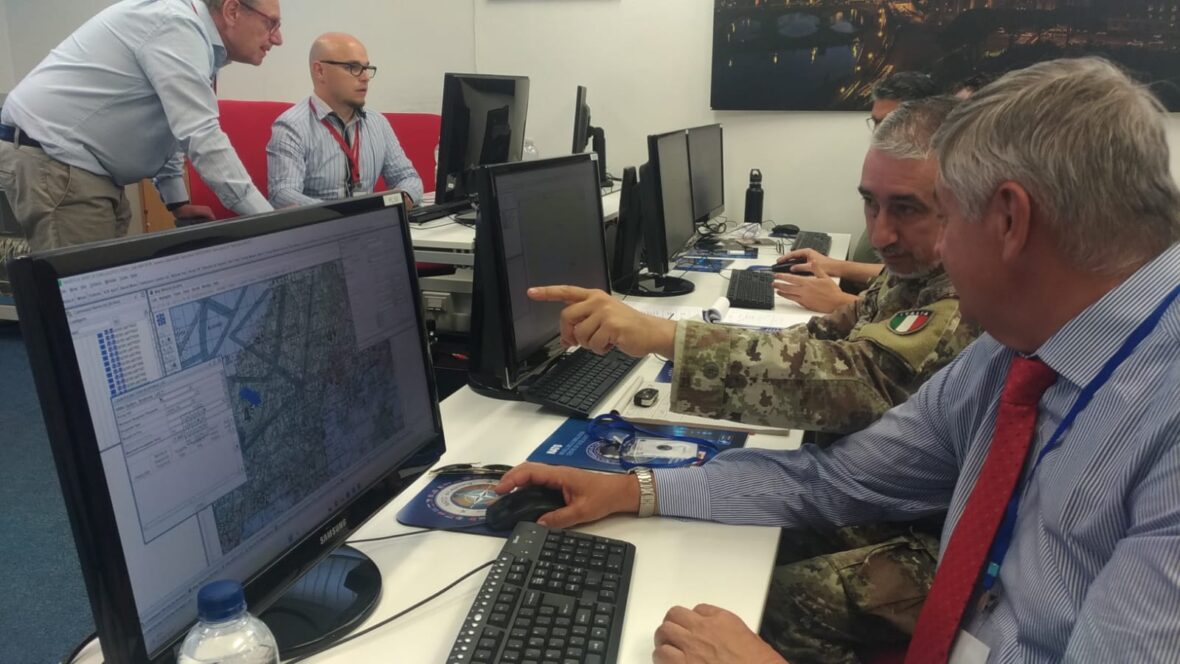
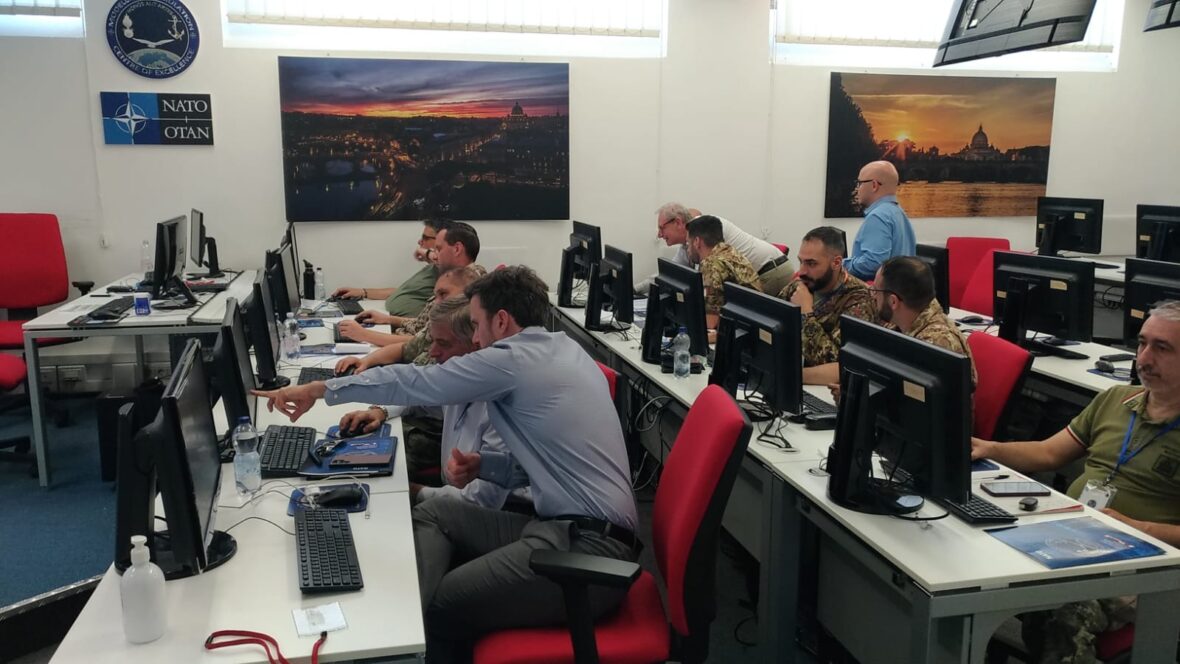

 NATO
NATO